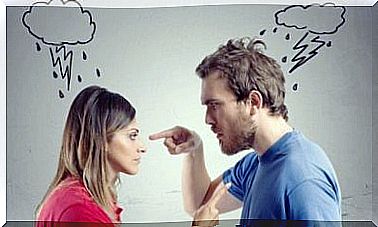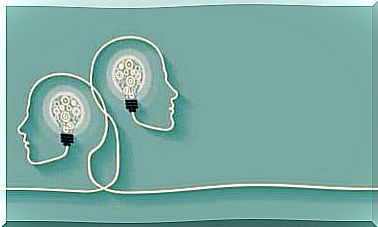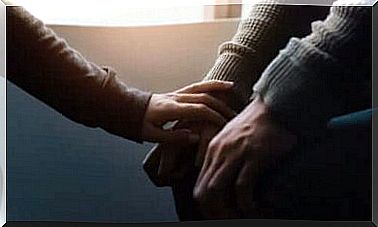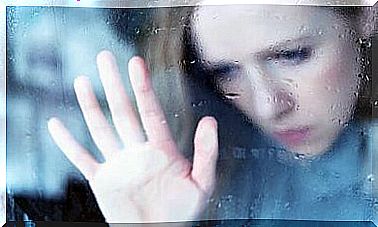4 Signs Of A Relationship With Abuse

It is not easy to establish specific parameters that define a relationship of abuse. In fact, the same criteria for abuse cannot be applied to all circumstances. From a strict point of view, however, abuse is present if one person is coercive, aggressive or threatening to the other.
There is abuse where one person uses his position of power or dominance to control the other’s behavior, in order for it to meet the needs of the controlling. There is abuse when one person uses the other person’s emotional or physical tenderness to benefit himself. There is also abuse if one person is dependent on the other, and this dependence is used to force or restrict his freedom.
Sometimes abuse is not easy to see because it is not based on beatings and raised voices. Sometimes it just involves a systematic process of annulment, manipulation and blackmail, so that the person becomes incapable of acting, responding and deciding freely. And the perpetrator justifies his behavior by claiming that he loves the other person and wants his best.
But the truth is that abuse in all cases leaves scars on the heart and mind. They instill fear in life. This is why you should be aware of the signs that signal that you may be in a relationship of abuse.
Fear is probably the most obvious sign of a relationship of abuse. Sometimes the fear is raw and obvious; you become very tense in the other person’s presence and constantly think about punishments and consequences that can be the result of opposing him.
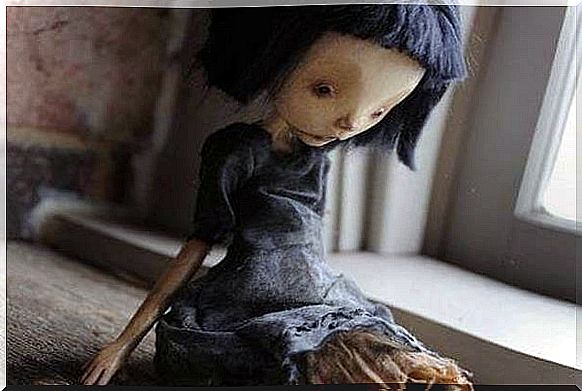
Other times, the fear is more subtle; it can manifest itself in the form of excessive concern about being the other person’s team. You do not want to give this reason to get angry, so you always think about what you can do to make the person happy.
In a relationship of abuse, the victim must always tell the other what he or she is doing, or even what he or she is thinking or feeling. You do not feel free to move or act without first talking to and informing the other.
This control can extend to your finances or even your way of dressing or putting up your hair. Virtually everything you do must be approved by the other, and if it is not approved, it will be difficult for you to do so.
Feelings of guilt are always present in all types of abusive relationships. You feel inadequate and incapable of defending the validity of what you say or do. Your tormentor constantly criticizes you, and you put the blame on yourself.

One or both of the following situations may occur. Either it always seems that the other person is right, and his or her criteria determine how good or bad your actions and thoughts are; or you think the person is wrong, but do not dare to confront him. Both scenarios make you feel guilty. In the first case because you do not live up to the other person’s expectations, and in the second because you can not set boundaries.
In a relationship of abuse, the other constantly gives you obligations that you do not want. This can be done through direct aggression or through more subtle persuasion and threats. The point is regardless of whether you want to do it, but feel obligated because of how much you are being pressured.
The perpetrator knows very well where his power comes from. If it is financially dependent, the direct or indirect threats will focus on it. If there is a fear of being beaten, it will be the focus. If the person gets his power from emotional dependence, he will play with your fear of being abandoned. And so on.

